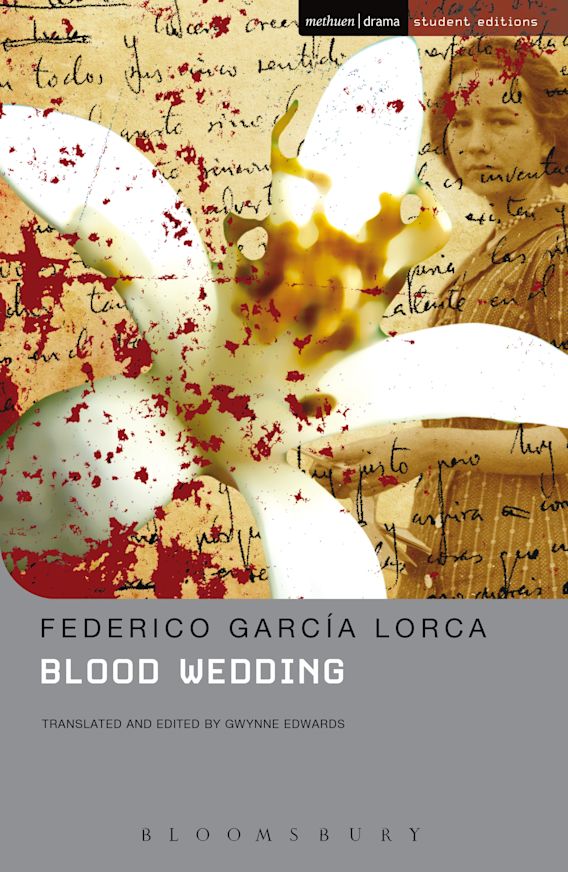I don't usually read plays and, to be honest, I kind of avoided them for quite some time thinking that they wouldn't be my thing. This was one of the first plays I've read in general and definitely the first one I read of my own free will, and not because I had to do read it for some lesson. I'm not yet convinced whether it is something I love or not, but now I'm a lot more willing to step out of my comfort zone and give plays a try in the future. I read this a couple of years back and I thought it was fine, though not outstanding, so I never bothered writing a review about it, but recently it has been popping up in my head and this is what prompted me to write this post.
The selection of this book was completely random, it just fell in my hand at a moment when I really needed something to read and had nothing else around. I had heard of it, and it did intrigue me, but I knew nothing else about it so I went in with no expectations but with a lot of curiosity about what was coming.
It was a very fast and easy read - I read it in two sittings - mainly because it is a play and it goes by really fast, but the pacing and the rhythm of the story are excellent as well, they work and they compliment the story, since, on the one hand, the subject is quite heavy, but the plot quite simple and straight forward. So, it couldn't have been any longer and it shouldn't feel any longer either.
The first time I read it, it felt like something was missing and maybe that was just me, or maybe it's because of the form since plays are meant to be played and seen, not merely read. But I recently found myself remembering it and thinking about it. I was suddenly filled with an urge to re-read some parts of it and so I went on and read some parts that I remembered to have enjoyed. I realized that reading these small parts for the second time felt like an entirely different experience. This time around I could hear the voices distinctly, I could see the story unfolding before my eyes, almost as if actually "seeing" it, so I think that this time around I got it right.
The story itself is very intense and tragic, it tackles the conflict of love and duty, the tragedy of unfulfilled love and expectations, and the tragedy of death in the name of love and passion. Lorca uses very strong imagery that is not just about the visual enjoyment, but also very strongly symbolic, relevant, and enhancing to the theme he tries to convey each time. His writing is generally very poetic, rich in symbolism and metaphors but without it getting too heavy to read. On the contrary, even though it is a work that belongs to a different time, it reads as easily as if it was modern. It's a strange combination, but it works.
The female characters were my favorite ones, especially the mother, I just loved her lines (even though my single favorite line belongs to Leonardo*). Most of the characters don't even have a name and I have to admit this was strange for me, but again, it works. We don't really know them, but we know them. We get to know only what is important and we need to know and nothing more and there's nothing missing from them. They too symbolize something...
Overall, it was a nice first try at reading plays for me and it made me eager to try and read some more. I really liked it, but it didn't blow my mind, so I rated it with 3*.
Thanks for reading!




It's a unique work of art really memorable and one of my favorites that I have read!
ReplyDelete